
Grades:
6th Grade
In this lesson, students will learn about simple circuits, then create a simple circuit using copper tape, LED's, and batteries. Finally, they will construct a 3D model of a haunted house and use

Grades:
Kindergarten
Students will be able to observe and recognize that a thermometer is a device that is used to measure a change in temperature.
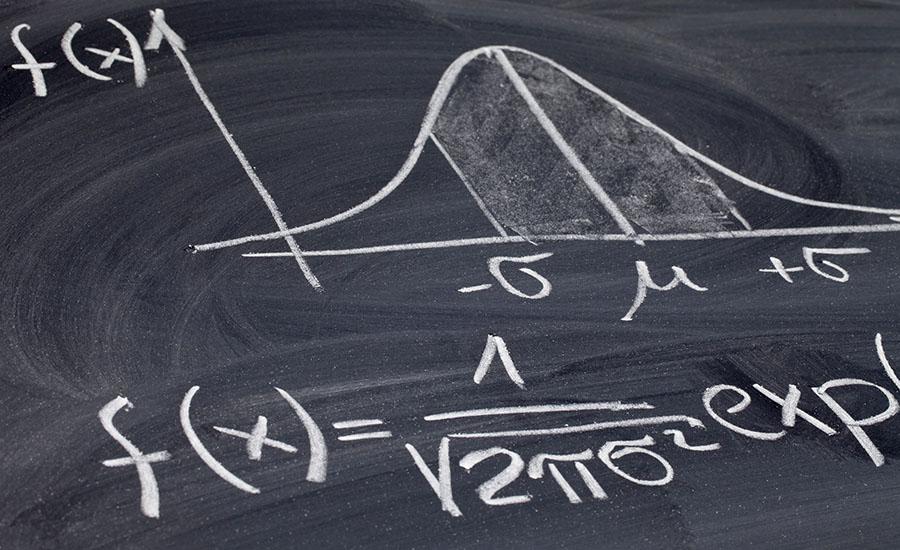
Grades:
7th Grade, 8th Grade
This lesson introduces the first law of motion to students through inquiry and total physical response. Materials needed are Short videos of first-law examples, with no labels or explanations

Grades:
Kindergarten
In this lesson, students go on a nature walk, notice nature, and increase their observation skills. They will identify different plant types and make connections to the plant’s needs: sunlight, soil

Grades:
6th Grade
In this unit, students will study the effects of air pollution and engineer an environmentally friendly air filter to reduce pollutants in the air using common household items and recycled materials

Grades:
6th Grade
Summary Each of the first two Basic Handling lessons is approximately 5 minutes in length. The onboard “Flight Instructor” will instruct student trainees on what they should be doing and interacting

Grades:
3rd Grade, 4th Grade, 5th Grade, 6th Grade, 7th Grade, 8th Grade, 9th Grade, 10th Grade, 11th Grade, 12th Grade
In this engaging lesson, students explore how size, strength, weight and time constraints can impact space transportation. There are a variety of resources included with this lesson.

Grades:
3rd Grade, 4th Grade, 5th Grade
This lesson takes place in as classroom for one or more 60 minute class periods. The data collection portion may continue for 2+ weeks (or whatever time frame you decide). An emphasis is placed on the

Grades:
6th Grade
Students will construct a model of an ocean habitat to simulate an oil spill. They will then make observations about the behavior of the oil in the water and on the various items in the habitat model
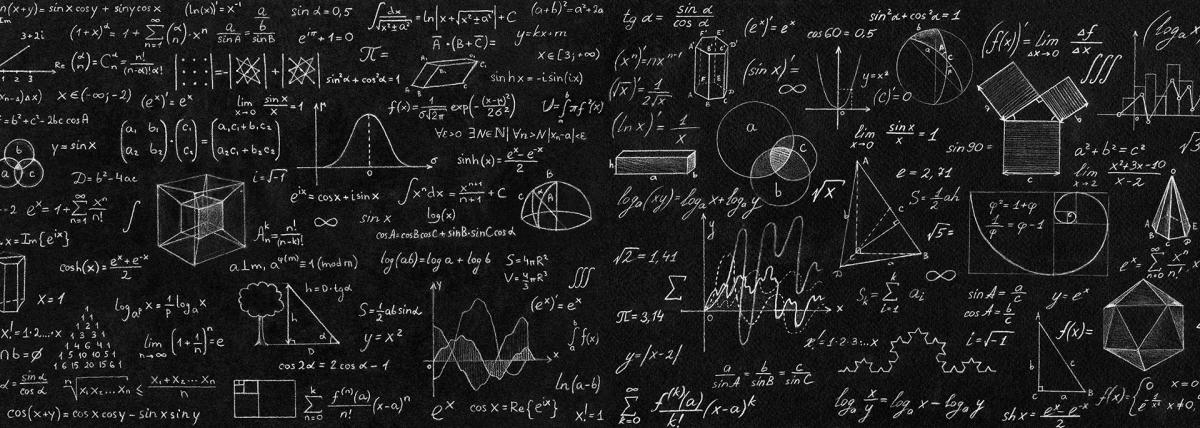
Grades:
6th Grade, 7th Grade
Students explore the relationship between the speed(rate of travel) of an object, the distance it travels, and the amount of time it travels for. Teachers may use: A- Air rockets(from a previous

Grades:
5th Grade
Power point with parts of a flower, worksheets and short quiz provided

Grades:
8th Grade
This engaging lesson is all about reverse engineering! Students will read and discuss the hook “A.I. Apocalypse”. They learn all about reverse engineering during this project as they determine a

Grades:
4th Grade
This lesson is the final project in a unit that focuses on circuitry. The task is for students to plan, design, and test a 3D house using electrical circuits that function correctly. To add more
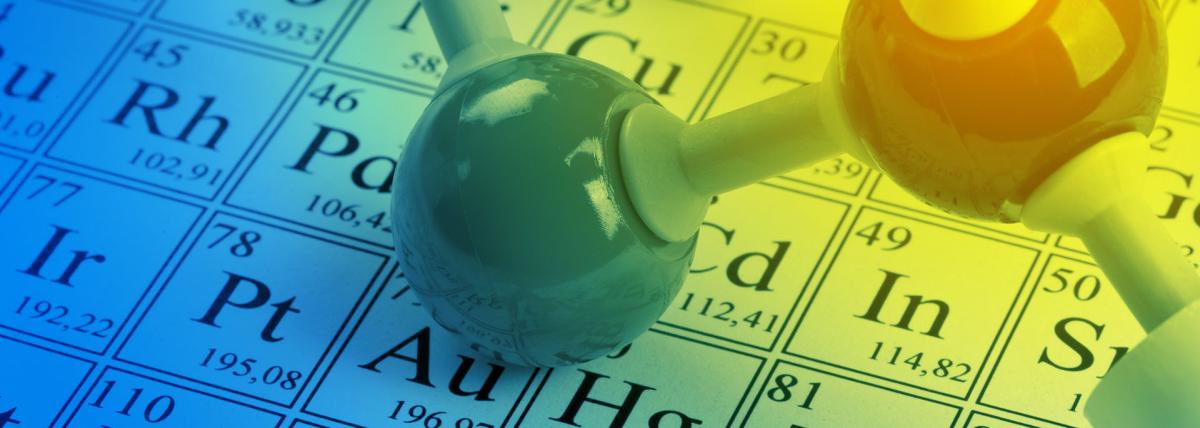
Grades:
8th Grade
This lesson took place in a 90 minute after school STEM club (could work in 2 - 45 minute class periods). Students may work in small groups of 2-4. An emphasis on sample collection and analytical

Grades:
6th Grade, 7th Grade, 8th Grade
In groups students will construct a roller coaster made completely out of paper that a marble can travel on. The goal is to have the "ride" last for a longer time than other and be able to explain the
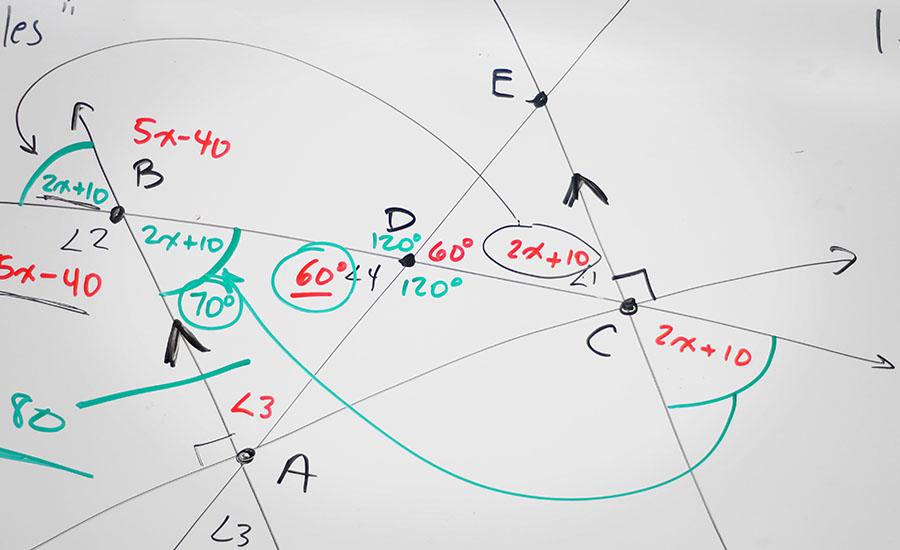
Grades:
6th Grade
In this lesson, students will identify the significance mean, median, and mode while collecting data and making observations about a collection of items in their home. Making these connections will

Grades:
7th Grade
Students create a video-tutorial that talks about Direct and Inverse Variation in this creative lesson. This material will showcase their full understanding about the type of variation they have
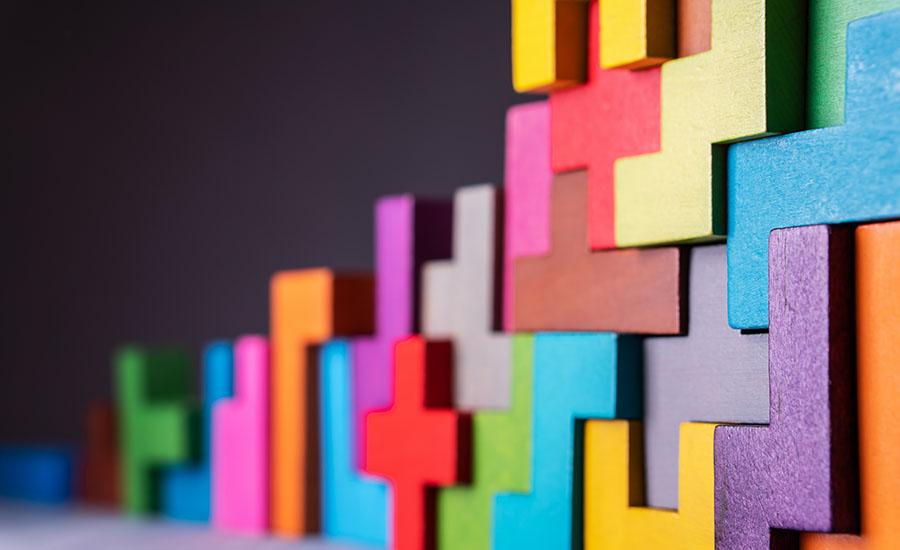
Grades:
6th Grade, 7th Grade, 8th Grade
This lesson plan will introduce students to the basics of 3D modeling and design using Tinkercad and allow them to apply their skills to create a model car. It will also help them develop their

Grades:
Kindergarten, 1st Grade, 2nd Grade, 3rd Grade
The students will create a Three Sisters Garden by participating in a teamwork activity, listening to a read aloud, watching a video, creating a diagram, planting the garden, and creating a video

Grades:
3rd Grade, 4th Grade, 5th Grade, 6th Grade, 7th Grade, 8th Grade, 9th Grade, 10th Grade, 11th Grade, 12th Grade
In this hands-on lesson, students apply their understanding of the engineering design process to build a tower made of index cards that can hold an object. There is a link to a prerequisite lesson

Grades:
Kindergarten, 1st Grade
Create a Bee-Bot board game, and program the Bee-Bot to move through the game board. Students will use the steps of the engineering design process as they work as a team to create and play their game

Grades:
2nd Grade
Lesson Summary: 2nd Grade students listen to the story; Sadie Sprocket Builds a Rocket and reflect how they would create and design a space lander/rover. We watch the video; Curiosity; Mars Rover and

Grades:
3rd Grade, 4th Grade, 5th Grade, 6th Grade
Students will create an original design using only plastic bags in this creative lesson. They will reuse plastic bags to create a useful product they could sell. Students will use evidence to

Grades:
3rd Grade, 4th Grade, 5th Grade, 6th Grade
Over two days students will build lego mazes to code their Sphero minis through. Materials needed are; the planning page, legos, Sphero minis, Sphero EDU App, iPads, and Lego build plates.
